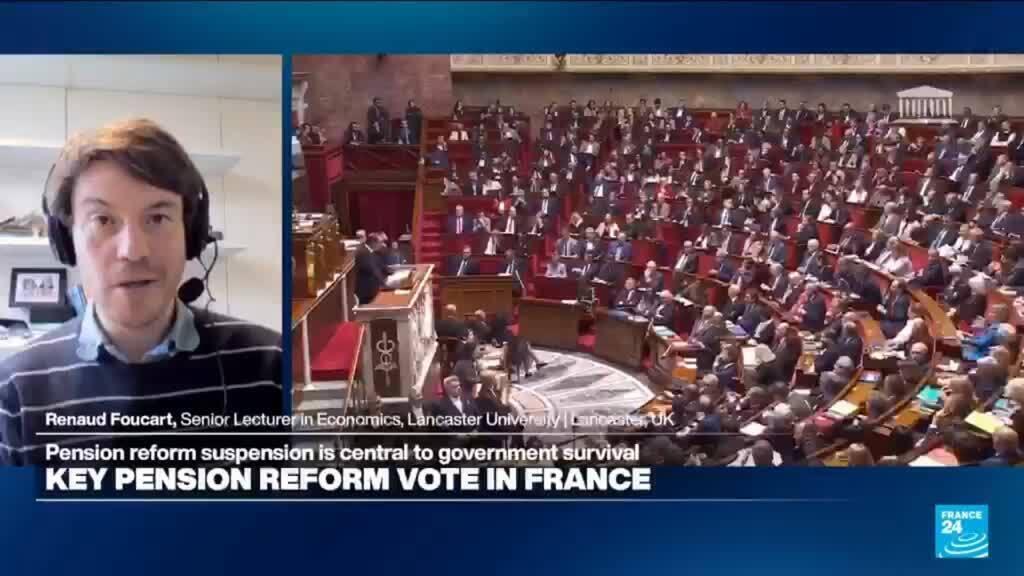Budget Discussions Resume in the National Assembly
As the National Assembly reconvenes, crucial budget discussions are back on the table. Members of Parliament (MPs) are currently engaged in voting that primarily focuses on the postponement of President Emmanuel Macron's contentious pension reform. This reform has been a significant topic of debate since its proposition, with various segments of the population expressing both support and opposition.
Following the voting on the pension reform, MPs will shift their attention to resuming discussions on the 2026 budget bill. This budget is critical as it outlines the government's financial plan for the upcoming year, impacting various sectors from healthcare to education and infrastructure development. The outcome of these discussions will not only affect France's economic stability but will also serve as a reflection of the broader political climate in the country amidst ongoing public discontent.
In light of these significant developments, Delano D'Souza has invited Renaud Foucart, an esteemed economist and senior lecturer at the Lancaster University Management School, to provide in-depth analysis and insights. Foucart is expected to weigh in on the implications of the pension reform delay, examining how this decision might resonate with the electorate and influence future governmental policies.
Macron's pension reform has faced massive scrutiny and opposition from various quarters, with critics arguing that the proposed changes would disproportionately affect low-income workers and those in physically taxing jobs. Supporters, including some economists and business leaders, claim that adjusting the pension system is vital for the long-term financial health of France, especially in light of an aging population and increasing public debts.
As these discussions unfold, the backdrop of the 2026 budget reveals more intricate layers to the situation. The budget proposal is laden with promises of economic recovery and growth, yet it must balance fiscal discipline with the social needs of the populace. The decisions made now are crucial, as they will set the tone for not only economic policy but also the relationship between the government and its citizens.
Moreover, Foucart's perspective is essential in understanding the broader implications of these policy moves. His expertise can provide clarity on how the economic theories translate into real-world outcomes, particularly in the context of French politics. Analyzing factors such as public sentiment, economic growth forecasts, and potential backlash from delayed reforms will be fundamental in bridging the gap between theory and practice.
The stakes are high as MPs deliberate on these pivotal issues. The outcome will determine not only the success of Macron's administration but also the future trajectory of French economic and social policy. With public protests still fresh in memory and trust in government institutions waning, the path forward will require careful navigation by lawmakers. The National Assembly's decisions in the coming days are expected to have lasting ramifications on both the budget and the pension system reform, shaping France's economic landscape for years to come.
As the debates continue, all eyes will be on the National Assembly, where the convergence of economic policy, public sentiment, and political strategy will play a decisive role in the direction of the French government.












